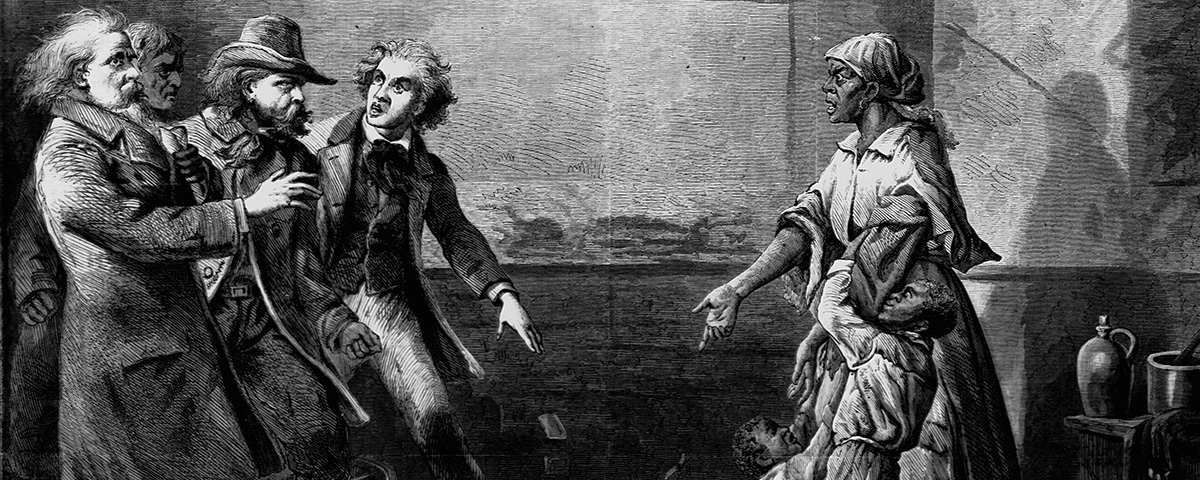Civil War Governors of Kentucky Digital Documentary Edition
http://civilwargovernors.org/
In January 1864, “loyal citizens of Christian County who have always been and expect ever to be for putting down the rebellion” warned Kentucky Governor Thomas E. Bramlette that he must stop enslaved peoples from leaving the county. Farms were failing, work could not be completed, and the problem was increasing with each month. “In a word, our County is ruined if the evil is not stopped,” predicted E.H. Hopper and 24 fellow citizens. They also asked, “Shall we take the law in our own hands?” Surely, they argued, “loyalty & protection Should be inseperable [sic].”
That letter is part of the “Civil War Governors of Kentucky Digital Documentary Edition” website (CWG-K), hosted by the Kentucky Historical Association. To date, about 10,000 documents are available at the site, though 23,000 have been selected for the project. They are restricted to documents received, sent or acted on by one of the five men who served as Kentucky governors (three Union, two provisional Confederate) between November 1, 1860, and December 31, 1865. The sources are drawn from three major Kentucky repositories: The Kentucky Department for Libraries and Archives, the Military Records and Research Branch of the Kentucky Department of Military Affairs and the Kentucky Historical Society—as well as one document from the Mary Todd Lincoln House and another from the Maker’s Mark Distillery.
It is the diversity of the source information that makes this site so successful and has visitors eagerly awaiting the CWG-K’s release of more digitized materials. Collections related to Kentucky regiments, state militia units, guerrilla operations and muster rolls offer insights into low-level and local military operations. Joining these are petitions from local women who are not pleased with the influx of refugees into their communities, as well as detailed accounts of Caroline Dennant, a young woman who escaped from slavery and arrived in Louisville in the fall of 1862. Dennant’s experiences, featured in “The Caroline Chronicles,” underscore the harrowing conditions runaway slaves faced in Kentucky, where slavery and the Fugitive Slave Law still reigned, and which shaped Dennant’s complex story of re-enslavement, abuse and a charge of murder.
Each document in this “Early Access” version of the CWG-K digital collection appears in high resolution with a typed transcription, though site creators warn that the project is still in its early stage and advise against relying entirely upon the transcriptions. Easily explored by browsing or keyword search, this superb site offers excellent resources for those whose reading, research and writing interests lay at the crossroads of the battlefield and the home front.
Ural is Co-Director of the Dale Center for the Study of War & Society at the University of Southern Mississippi

